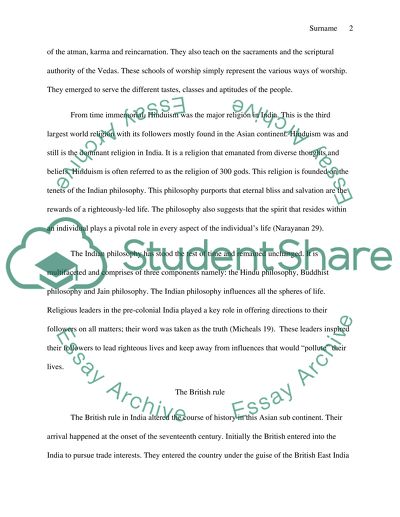Cite this document
(“The Hindu Religious Thoughts and The British Rule Essay”, n.d.)
Retrieved from https://studentshare.org/religion-and-theology/1449893-the-hindu-religious-thoughts-and-the-british-rule
Retrieved from https://studentshare.org/religion-and-theology/1449893-the-hindu-religious-thoughts-and-the-british-rule
(The Hindu Religious Thoughts and The British Rule Essay)
https://studentshare.org/religion-and-theology/1449893-the-hindu-religious-thoughts-and-the-british-rule.
https://studentshare.org/religion-and-theology/1449893-the-hindu-religious-thoughts-and-the-british-rule.
“The Hindu Religious Thoughts and The British Rule Essay”, n.d. https://studentshare.org/religion-and-theology/1449893-the-hindu-religious-thoughts-and-the-british-rule.


